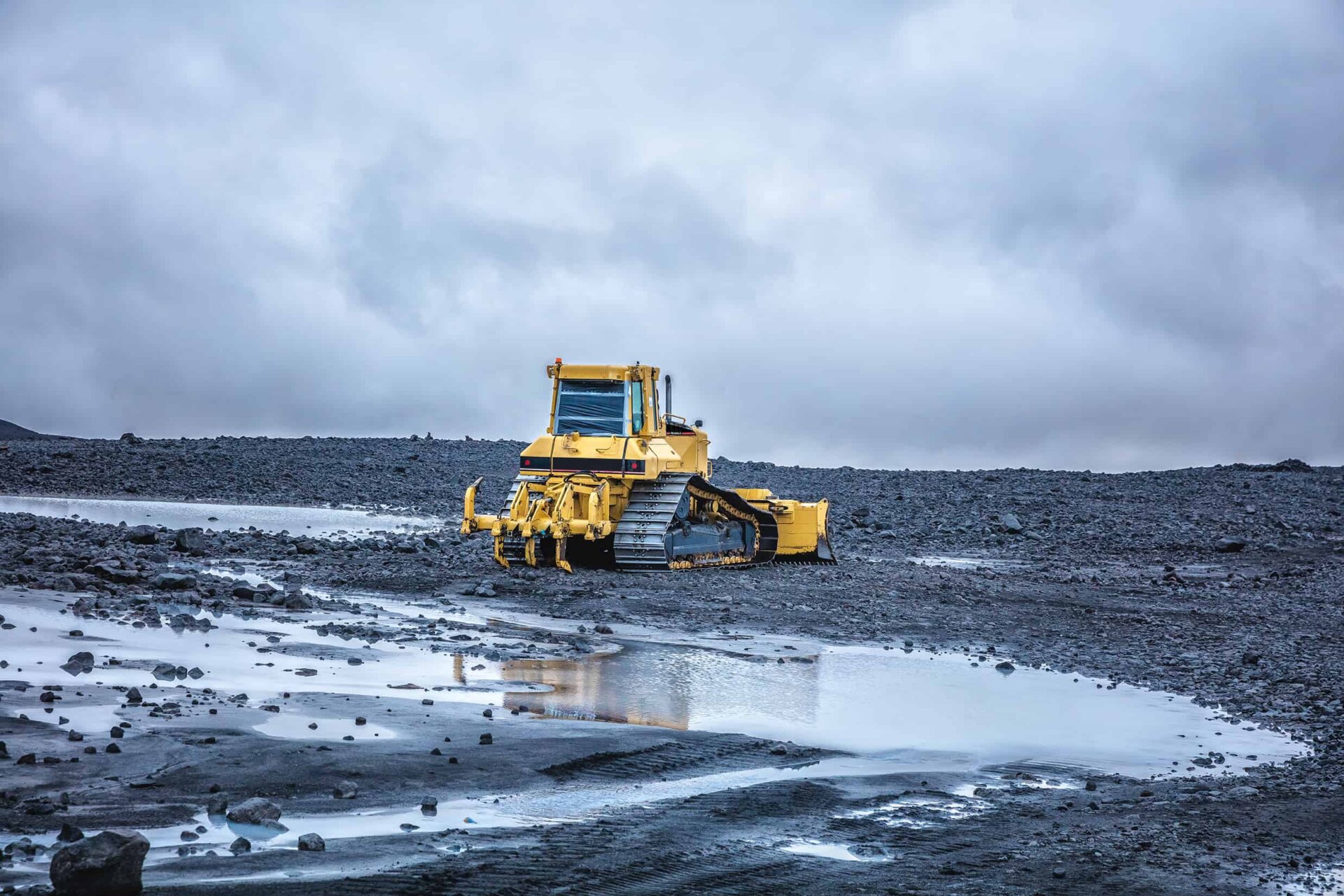Working experience abroad is nowadays a certain improvement to your professional career. Anyone who dares to take an opportunity outside their own country to acquire intercultural skills, a foreign language and learn about a whole new working procedure will for sure jump further in the career ladder; so if you are interested in coming to Iceland for a working experience, check this working rights and wages in Iceland post we have prepared for you. Taking such step arises many questions so to begin with, when working abroad, one has to distinguish between temporary jobs mostly for unskilled workers and workplaces for employees with a completed degree or a specialization, since the requirements, but also the possibilities vary widely. This also applies to the working rights and wages in Iceland, as income will depend on your position. A very good way to get into the working world for young people without a professional experience and to gain a lot of experience is a voluntary service.
Taking such step arises many questions so to begin with, when working abroad, one has to distinguish between temporary jobs mostly for unskilled workers and workplaces for employees with a completed degree or a specialization, since the requirements, but also the possibilities vary widely. This also applies to the working rights and wages in Iceland, as income will depend on your position. A very good way to get into the working world for young people without a professional experience and to gain a lot of experience is a voluntary service.
As a general rule, it is easier for EU country citizens to work in a member state of the European Union than overseas, as the internal market guarantees free movement and no visa is required.
Now, it is important to know the working rights and wages in Iceland as these conditions may be very different comparing to your country.
Work schedules
It is pretty common for Icelanders to have different jobs even though the unemployment rate is one of the lowest of the European continent.
A full time job has a legal duration of 40 Hours per week and if you work more than 171.5 Hours, employer must pay an overtime rate. It is forbidden to work more than 13 hours per day and also keep in mind that if your work day is more than five hours, working rights and wages in Iceland include a 5 minutes break per hour.

Wages in Iceland
As weird as it may seem, there is no minimum wage stipulated by the government but any salary lower than 260.000 gross ISK per month would be frowned upon. Checking statistics, the average salary in Iceland is 415.000 ISK per month. As in every country, income will highly depend on your job position, experience, specialization and working time frame. There are different rates depending on the time of the day:
7:00-18:00: Daytime rate
18:00-00:00: Evening rate
00:00-7:00: Night rate
Weekend days also have a special rate per hour. If you happen to work on Saturday, Sunday or during a Holiday, employer must pay you at least the equivalent to a 4 hours shift even if you are actually working one or two.
Workers are entitled to have an average 24 day of paid holidays. The payment corresponds to a 10.17% of your annual incoming and it is normally given as a holiday bonus. You can either get it on the 1st of June or have it prorated monthly. If you have been working in the same company for at least 12 months, full time, you are also entitled to a Christmas Bonus of 82.000 ISK

Working rights and wages in Iceland
Unions and Taxes
Working rights and wages in Iceland are protected by Union of Workers (stettarfélag). A labor union is an organization where workers come together to achieve common aims such us improving working conditions, salary or safety. Unlike many countries, in Iceland the Union of Workers is not affiliated to any political party or the Icelandic government, so anyone can join them without fearing any political nuance.
Being a member of the labor union provides several advantages as discounted courses, a complementary maternity leave payment in case the one provided by the employer has run out. By 2016, almost the 86% of Icelanders were members of the Union.
In Iceland, taxes also depend on the taxable incoming divided into the following brackets:
Lowest Income: 37.3%
Wages over 527.000 ISK: 39.8%
Wages over 836.000 ISK: 46.24%
When coming to Iceland, be sure to check with the local Union if you have any question regarding your contract conditions. After this post I bet you are more than ready to start your search for the perfect job!





